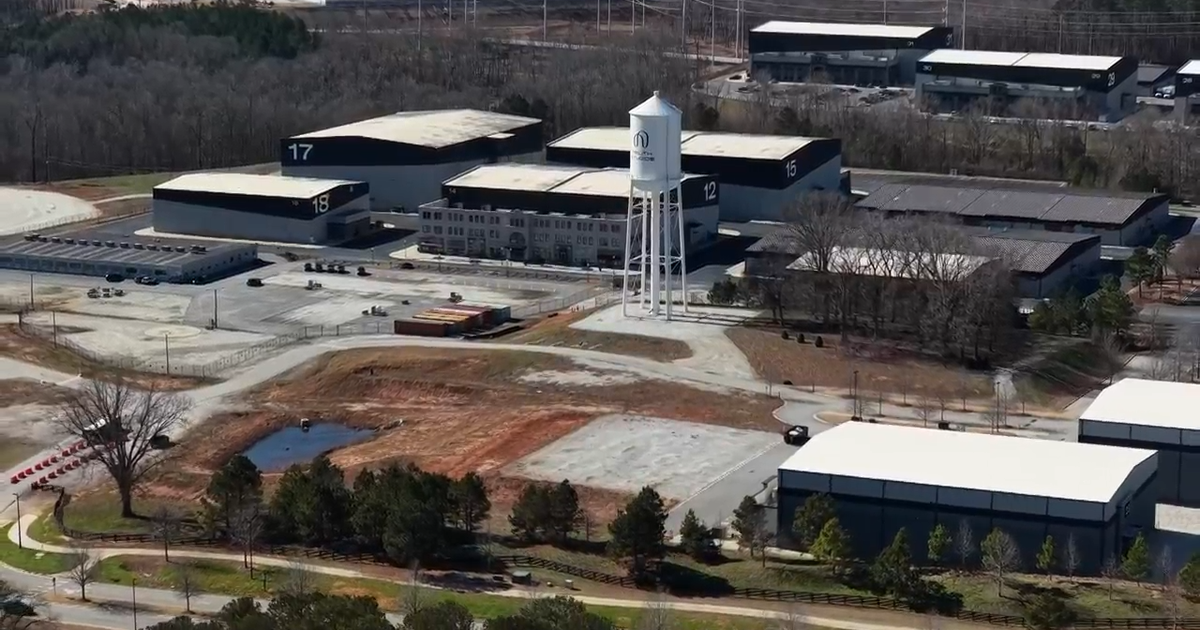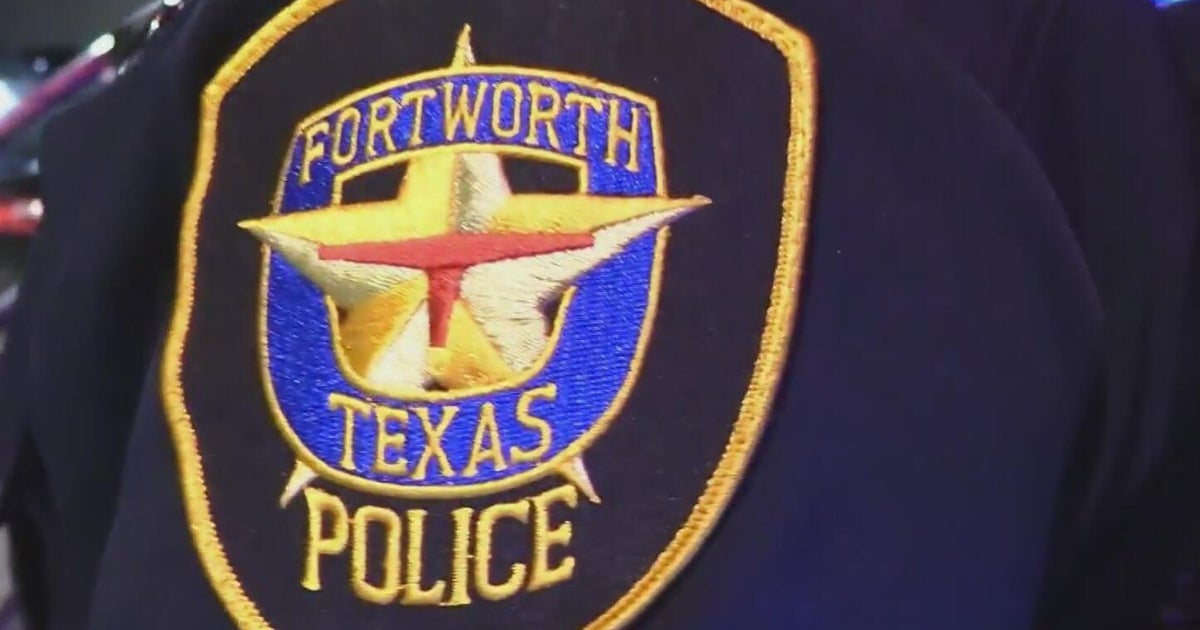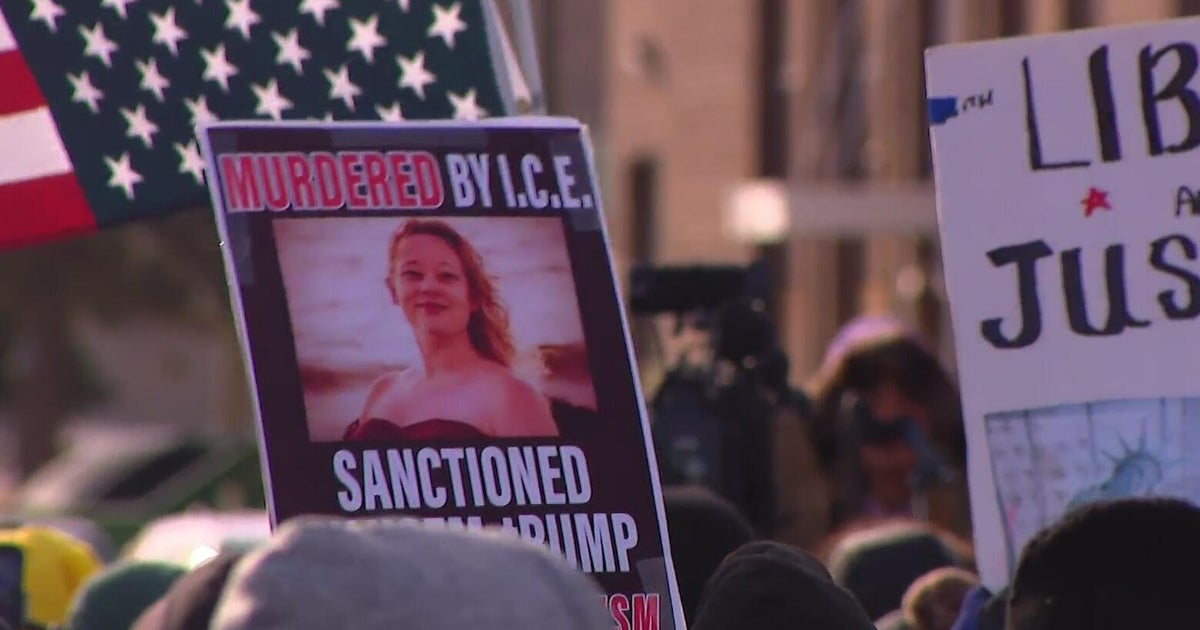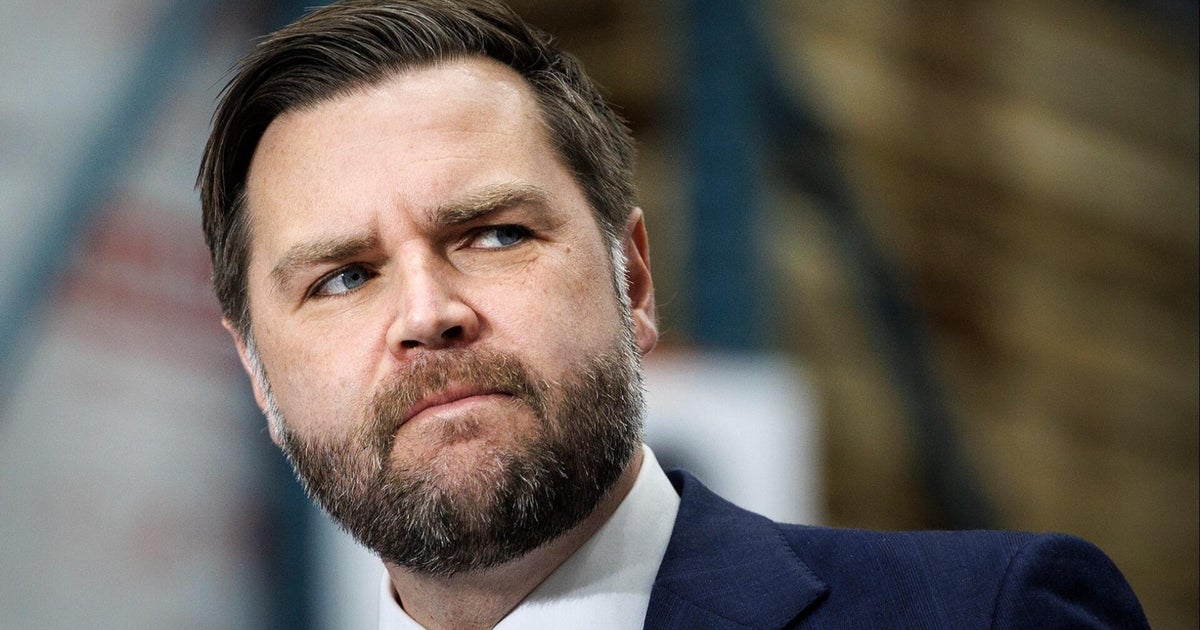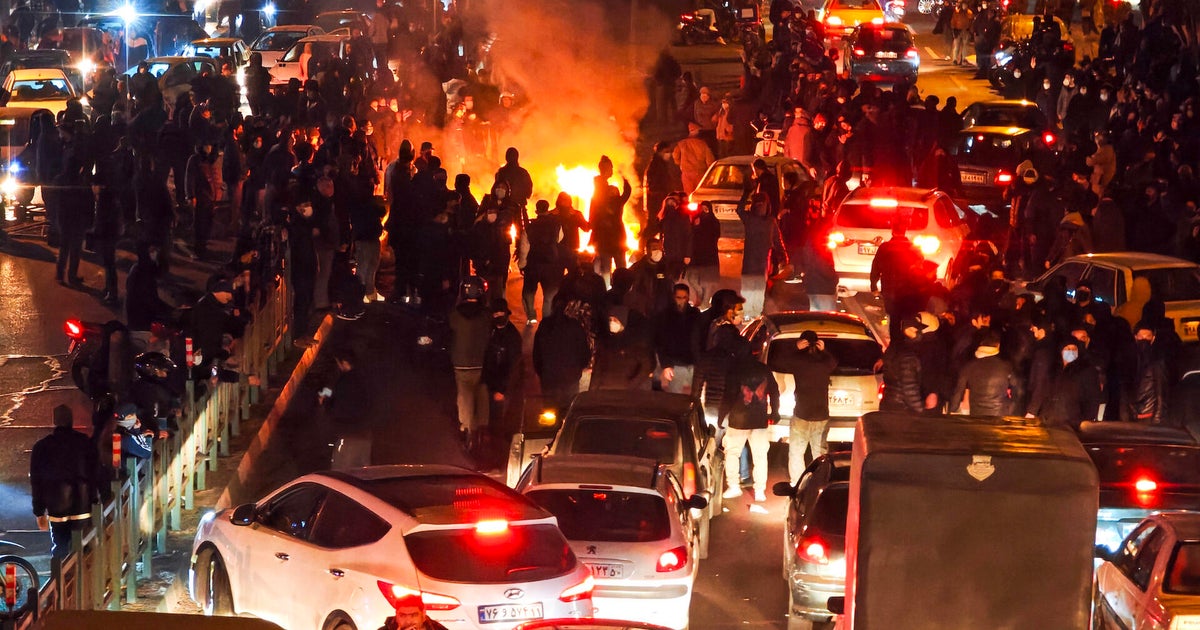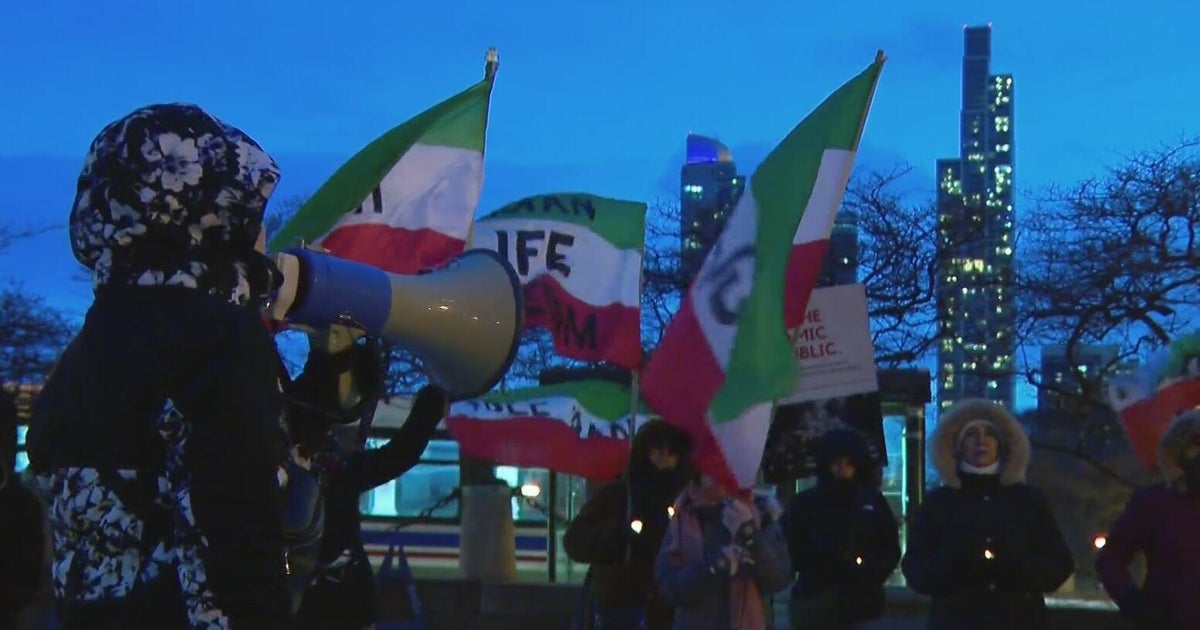Sony Calls Off Release Of 'The Interview' After Threat; Has No Other Plans For Film
NEW YORK (CBSNewYork/AP) -- Sony Pictures called off the Christmas Day release of the movie "The Interview" on Wednesday, amid threats from the group behind the cyberattack on the studio.
Sony also said it has "no further release plans for the film."
The decision by Sony came after at least 20,000 theaters decided to pull the movie. The Seth Rogen and James Franco film is about a CIA plot to kill North Korea's Kim Jong Un, and security fears had spurred Sony to allow theater chains to cancel showings.
"In light of the decision by the majority of our exhibitors not to show the film The Interview, we have decided not to move forward with the planned December 25 theatrical release," Sony Pictures said in a statement. "We respect and understand our partners' decision and, of course, completely share their paramount interest in the safety of employees and theater-goers."
As CBS2's Tracee Carrasco reported, many questioned the decision to call off the release of the movie.
"I think that's ridiculous, because it's a movie, you know?" said Robert Hodges of Brooklyn. "It's comedy; freedom of speech."
But Steven Bryson of Bay Shore, Long Island countered, "For us to think that it's OK to just put out a movie like that, I think, was wrong anyway, so I think it was a good decision to pull it."
Joe Pichirallo, chairman of the undergraduate film and TV program at the NYU Tisch School of the Arts, said the situation was a plot twist the movie business could not have predicted.
"The threat against the movie really put this into a whole other realm," Pichirallo said. "The cyberattack was unprecedented in this magnitude."
Pichirallo, a former studio executive, said Sony made the right call in calling off the movie.
"The notion that fear to go to the movie theater could keep people from coming had to be taken seriously," he said.
As CBS2's Alice Gainer reported Tuesday, AMC, Cinemark, and locally Bowtie cinemas had all canceled screenings of the movie altogether before the announcement, following the threats of violence against theaters. Regal Cinemas decided to delay the opening.
The New York premiere of the film was set to take place Thursday night at the Landmark Sunshine Cinema, at 143 E. Houston St. But that too was canceled.
"I think it's kind of scary that I live above the cinema, and they're kind of going to have a threat against people going to watch the movie," said Mai's Kohury, of the Lower East Side.
The hacker group calling itself Guardians of Peace threatened moviegoers Tuesday with violence reminiscent of the 9/11 terrorist attacks.
The online message says in part how, "...bitter fate those who seek fun in terror should be doomed to. The world will be full of fear. Remember the 11th of September 2001."
NYC Premiere Of 'The Interview' Canceled Following Threat
The Department of Homeland Security said there is no credible intelligence to indicate an active plot. The NYPD continued to look into the possibility as of Wednesday.
"It's actually not crystal clear whether it is a cyber-response they are threatening, or whether it's a physical attack," said NYPD Deputy Commissioner of Intelligence and Counter-terrorism John Miller. "That's why we're continuing to evaluate the language, but also the source of it."
In the wake of the decision by Sony, President Barack Obama said his administration was taking the cyberattack and threat seriously, and that he would alert the public if there is evidence of a ``serious and credible'' threat.
But for now, Obama said, "My recommendation would be that people go to the movies.''
And while some said it was better to err on the side of caution, not every moviegoer was pleased.
"It's a shame that a foreign country's kind of able to censor our entertainment business," Harper Jackson, of the Lower East Side, told CBS2's Janelle Burrell. "I think that's crazy."
"I'm more afraid of seeing a bad movie than I am of getting attacked," added Joseph Moller.
And U.S. Rep. Peter King, R-N.Y., said before the release cancellation that he planned to see the movie as an act of defiance.
"We should not, can't be giving in to these terrorist threats, otherwise they can be threatening us all the time," he said. "They can stop every major event we have in this country."
The film's Los Angeles premiere went off without incident last week.
Meanwhile, sources told CBS News that the U.S. government has determined the North Korean government is indeed behind the hack. But, the U.S. government has not yet publicly named a suspect.
Speculation about a North Korean link to the Sony hacking had centered on that country's angry denunciation of the film. Over the summer, North Korea warned that the film's release would be an "act of war that we will never tolerate.'' It said the U.S. would face "merciless'' retaliation.
Since the hack surfaced late last month, everything from financial figures to salacious emails between top Sony executives has been dumped online.
Guardians of Peace also released a trove of data files, including 32,000 emails to and from Sony Entertainment chief executive officer Michael Lynton in what it called the beginning of a "Christmas gift.''
On Tuesday, Rogen and Franco pulled out of all media appearances, canceling a Buzzfeed Q&A and Rogen's planned guest spot Thursday on "Late Night with Seth Meyers.'' A representative for Rogen said he had no comment. A spokeswoman for Franco didn't respond to queries Tuesday.
The Village Voice did publish an interview conducted earlier with Rogen about the movie and its impact in its issue released Tuesday.
The FBI said it is aware of the hacker group's threats and "continues to work collaboratively with our partners to investigate this matter.'' FBI Director James Comey last week said that investigators are still trying to determine who is responsible for the hack.
Check Out These Other Stories From CBSNewYork.com:
(TM and © Copyright 2014 CBS Radio Inc. and its relevant subsidiaries. CBS RADIO and EYE Logo TM and Copyright 2014 CBS Broadcasting Inc. Used under license. All Rights Reserved. This material may not be published, broadcast, rewritten, or redistributed. The Associated Press contributed to this report.)

